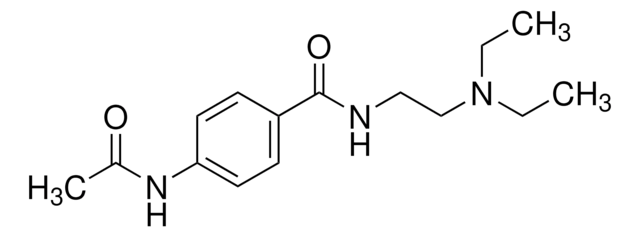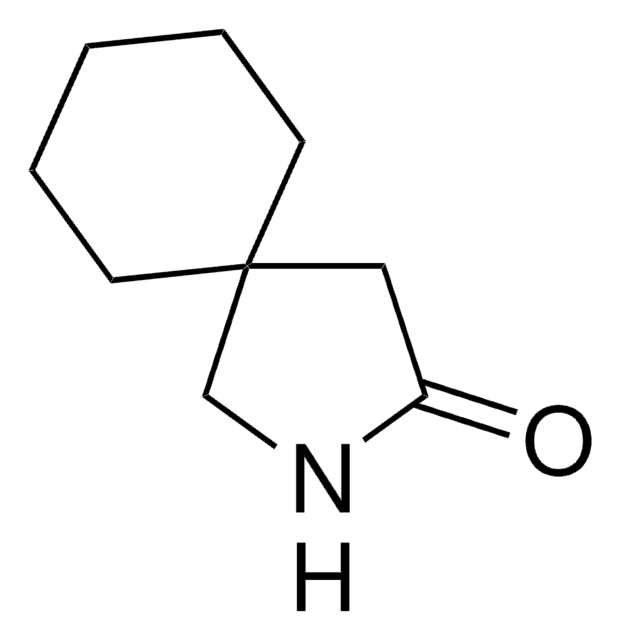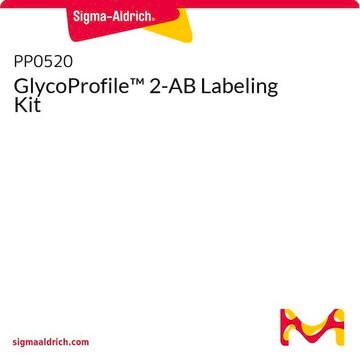PHR1252
Procainamide hydrochloride
Pharmaceutical Secondary Standard; Certified Reference Material
Synonym(s):
4-Amino-N-(2-diethylaminoethyl)benzamide hydrochloride, 4-Aminobenzoic acid 2-diethylaminoethylamide
About This Item
Recommended Products
grade
certified reference material
pharmaceutical secondary standard
Quality Level
Agency
traceable to Ph. Eur. P3050000
traceable to USP 1563502
API family
procainamide
CofA
current certificate can be downloaded
technique(s)
HPLC: suitable
gas chromatography (GC): suitable
mp
167-169 °C (lit.)
application(s)
pharmaceutical (small molecule)
format
neat
storage temp.
2-30°C
SMILES string
Cl.CCN(CC)CCNC(=O)c1ccc(N)cc1
InChI
1S/C13H21N3O.ClH/c1-3-16(4-2)10-9-15-13(17)11-5-7-12(14)8-6-11;/h5-8H,3-4,9-10,14H2,1-2H3,(H,15,17);1H
InChI key
ABTXGJFUQRCPNH-UHFFFAOYSA-N
Gene Information
human ... SCN10A(6336) , SCN11A(11280) , SCN1A(6323) , SCN2A(6326) , SCN3A(6328) , SCN4A(6329) , SCN5A(6331) , SCN7A(6332) , SCN8A(6334) , SCN9A(6335)
Looking for similar products? Visit Product Comparison Guide
General description
Pharmaceutical secondary standards for application in quality control, provide pharma laboratories and manufacturers with a convenient and cost-effective alternative to the preparation of in-house working standards.
Application
Analysis Note
Other Notes
Footnote
Recommended products
related product
Signal Word
Warning
Hazard Statements
Precautionary Statements
Hazard Classifications
Acute Tox. 4 Oral - Eye Irrit. 2 - Skin Irrit. 2 - STOT SE 3
Target Organs
Respiratory system
Storage Class Code
11 - Combustible Solids
WGK
WGK 3
Flash Point(F)
Not applicable
Flash Point(C)
Not applicable
Choose from one of the most recent versions:
Certificates of Analysis (COA)
Sorry, we don't have COAs for this product available online at this time.
If you need assistance, please contact Customer Support.
Already Own This Product?
Find documentation for the products that you have recently purchased in the Document Library.
Customers Also Viewed
Articles
This application note describes the released N-Glycan analysis of a monoclonal antibody, cetuximab, labeled with procainamide, using a BIOshell™ Glycan HPLC column.
This application note describes the released N-Glycan analysis of a monoclonal antibody, cetuximab, labeled with procainamide, using a BIOshell™ Glycan HPLC column.
This application note describes the released N-Glycan analysis of a monoclonal antibody, cetuximab, labeled with procainamide, using a BIOshell™ Glycan HPLC column.
This application note describes the released N-Glycan analysis of a monoclonal antibody, cetuximab, labeled with procainamide, using a BIOshell™ Glycan HPLC column.
Protocols
A step-by-step protocol for released N-linked glycan analysis of the monoclonal antibody adalimumab, based on UHPLC-FLR-MS and procainamide labeling.
Our team of scientists has experience in all areas of research including Life Science, Material Science, Chemical Synthesis, Chromatography, Analytical and many others.
Contact Technical Service














